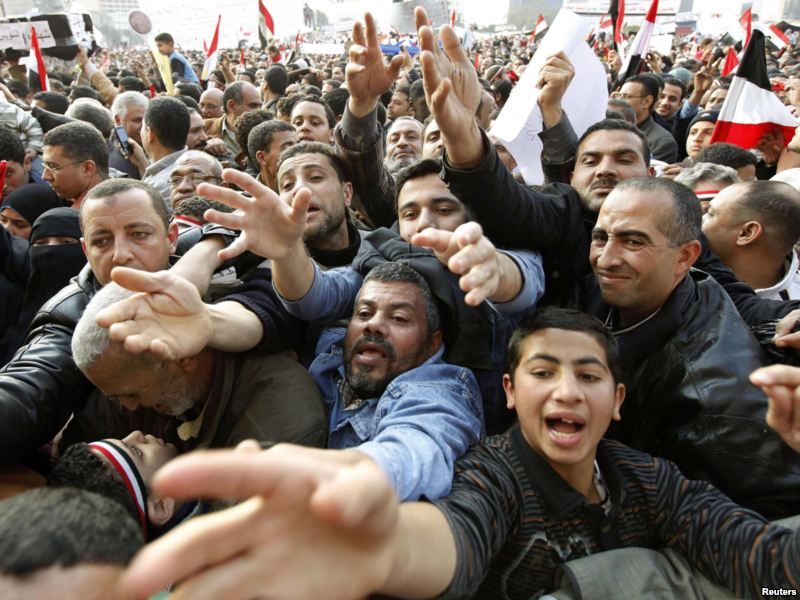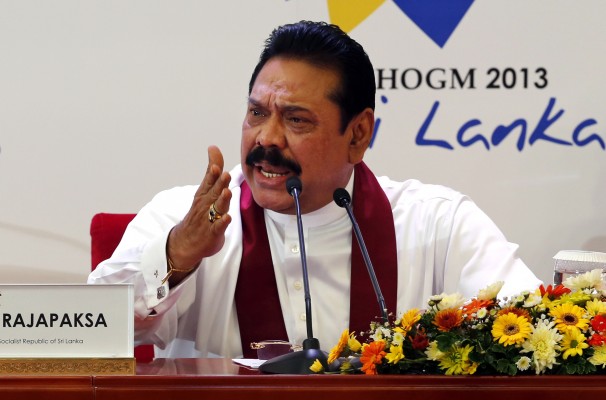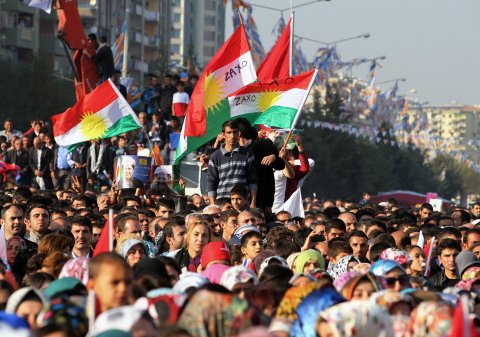When one thinks of excessive income inequality, pictures of Downton Abbey or scenes from the Tale of Two Cities come to mind. However, one need only look to his or her current surroundings to see income inequality face to face. For instance in the 2014 Global Wealth Report, it was found the 0.7% of the world’s adult population represents 44% of world wealth. In contrast, 69.8% of the world’s population only accounts for 2.9% of world wealth. Such rising inequality not only imposes heavy economic costs but could also lead to dire political consequences.
Let’s look at economic consequences first. In a ground-breaking study by the International Monetary Fund (IMF) it was found that countries with higher levels of inequality suffer lower growth than those that distribute their incomes more evenly. Such a phenomenon, as explained by the Nobel prizewinner Joseph Stiglitz, is the result of income inequality creating more volatile growth, which, in turn, creates unstable conditions that exert a powerful downward pressure on the rate of GDP growth.

Furthermore much of this unstable growth is the result of the fact that in relation to their less affluent counterparts, the wealthy have a smaller propensity to consume and a larger propensity to save. Thus if a large portion of an economy’s income is concentrated to those who are wealthy, consumption, which generally makes up the largest portion of the GDP, will reduce. In terms of a higher savings rate, this may not be such a bad thing for the economy if there is a large need for funds to be diverted towards productive investment. However with less demand as a result of income inequality, the need for productive investment will naturally be quite limited as such investments will be unable to earn sufficient returns from a now weak market. Thus much of this saving goes into unwanted and unproductive investment. For instance, though the stock market is currently roaring, major corporations have actually been sitting on a large amount of investors’ cash as a result of demand being too weak to warrant a major investment project.
However, though the economic costs of income inequality must be noted it is the political consequences of such a harsh situation, which could prove most frightful. The French Revolution, the Bolshevik Revolution and even the rise of the Nazis in the Weimar Republic were in essence a reaction to the income inequality of their time and place. Even the great philosopher of antiquity, Aristotle identified how inequality can fuel violent revolts on the streets. As described by Stiglitz, inequality leads to instability in the economy and in turn daily lives. If the present government is unable to stabilize the economy, people will naturally look to strong, and even tyrannical leaders and/or parties who promise to alleviate the people’s suffering at the cost of submitting to absolute authority.

As income inequality has raised its ugly head, world leaders have taken notice of this dire trend. In one his first proclamations as the head of the Catholic Church, Pope Francis called for an economy that is “not of exclusion and inequality.” Following these remarks a few months later, President Obama stated that the rise in income inequality was the “defining challenge of our time.” However with the intensity of global competition and the resulting misalignment of priorities among major economic powers, one can only question whether the global community has the courage and willingness to close the growing income gap that divides and embitters an already tense world. Anojan Nicholas




